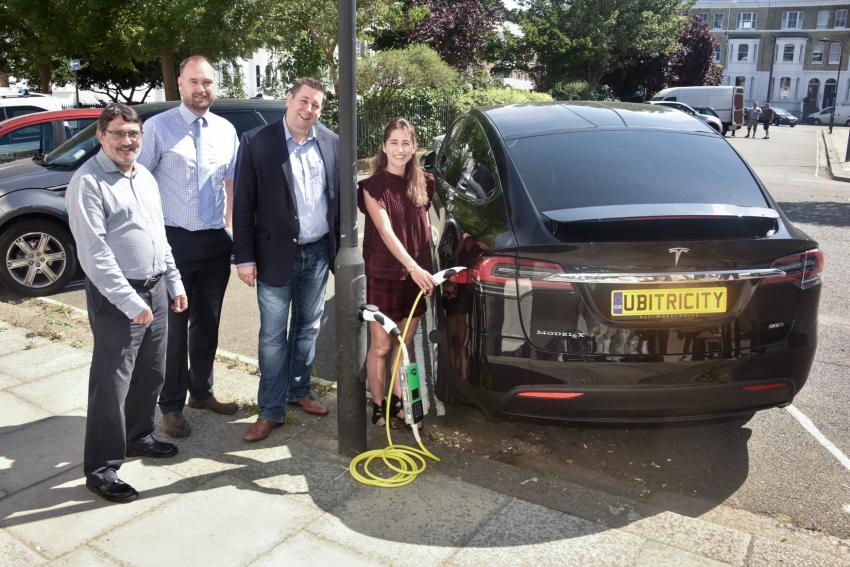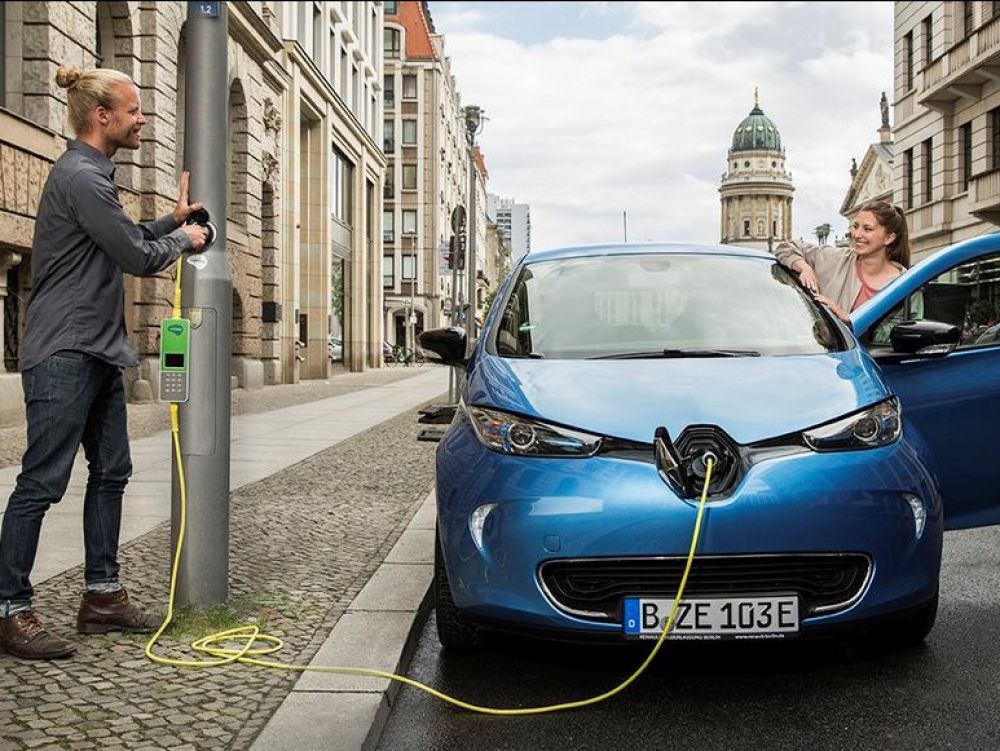Electric cars take record UK market share as battery-powered vehicle sales surge 228 per cent
Britain’s drivers bought more electric vehicles last month than ever before, as demand for fully electric battery cars surged more than three-fold.
In November, pure electric battery car sales rose 228 per cent compared to the same period last year, with 4,652 of the vehicles registered.
Meanwhile, one in every 10 new cars sold last month was a hybrid or fully-electric car, as so-called alternatively fuelled vehicles took a record 10.2 per cent market share, according to the influential trade body the Society of Motor Manufacturers and Traders (SMMT).
SMMT chief executive Mike Hawes said it was “good news” that electric car sales were surging.
Hawes and other industry experts agreed that the growth was mainly down to work done by car makers to increase the range of electric cars on offer to drivers, rather than modest government incentives.
Michael Woodward, head of UK automotive at Deloitte, said it came after “significant investment in the technology by manufacturers”.
Indeed, the world’s top 20 car makers spent a record £70bn on research and development last year.
James Fairclough, CEO of AA Cars, said: “It is a sure sign that drivers are increasingly committed to playing their part in reducing emissions when selecting a new car. This is partly facilitated by the increased range of electric and hybrid models available.”
However, pure electric battery-powered cars still only made up three per cent of the overall UK car market, and Hawes urged politicians to give the market a boost heading into the new year.
“There is still a long way to go for these vehicles to become mainstream and, to grow uptake further, we need fiscal incentives, investment in charging infrastructure and a more confident consumer.”
1. Economics: The price of lithium-ion batteries — which power the bulk of electric vehicles — dropped by 87 percent between 2010 and 2019 and is expected to continue to drop below $100 per kilowatt-hour by 2024, predicts the researchers at Bloomberg New Energy Finance (BNEF). These price drops are due to ever-larger factories that benefit from economies of scale, manufacturing efficiencies and innovations, fierce competition in the battery industry and new battery chemistry technologies.
Once lithium-ion batteries reach below $100/kWh, all types of electric vehicles will be cheaper than they are now. More important, that will ensure that EVs more effectively will compete with fossil-fuel-powered vehicles. The same type of manufacturing innovation and factory scaling that turned solar panels into one of the cheapest forms of electricity is doing the same thing to batteries for electric vehicles.
Partly because of this economic and tech trend, automakers already have committed $140 billion to electrification initiatives through capital spending on factories. These initiatives have been led by global automakers such as VW Group, Hyundai Kia, Changan, Daimler and Ford. Auto manufacturers are not going to abandon these investments because of the coronavirus.
2. Policies: While EV sales in the U.S. and China are expected to drop this year, sales in Europe could still grow. Why? Many countries in Europe already have enacted strong mandates and incentives, while some European cities have banned fossil fuel-powered vehicles from city centers.
BNEF predicts that Europe’s EV sales could be up by 50 percent this year despite the COVID-19 fallout. Other markets need equally strong policies to maintain EV sale trajectories.
That’s where the potentials of a green stimulus come in. A recent Politico Pro article reported on an Ipsos-Mori poll for 14 G20 countries that found that the majority of respondents agreed that an economic recovery should prioritize climate change. Expect some significant recovery funds in European countries and progressive states such as California for clean economy industries that can create jobs such as solar panel installations, building weatherization and electric vehicle factories and infrastructure.
3. Electric fleets: While consumers might be less eager to buy cars in a recession, many fleets are already moving toward low-carbon and electric formats to meet mandates or corporate sustainability goals. Public and private fleet managers need to replace older vehicles and continue to buy the most efficient and cost-effective vehicles.
Part of the push behind green fleets, again, is strong policies. For example, in California, the Advanced Clean Truck (ACT) rule appears to be continuing to move forward in the face of the pandemic, although a recent hearing was pushed to June. The ACT rule is a world-leading manufacturing (and eventually fleet-purchasing) mandate in California that significantly will boost the amount of zero-emissions trucks on California’s roads. California is also already requiring all of its transit buses to be ZEVs within a little over two decades.
Post time: May-28-2020

